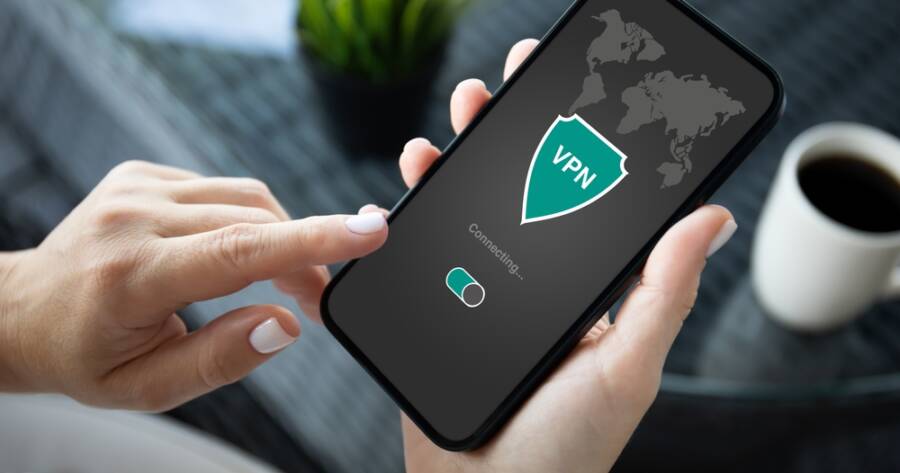As streaming platforms continue to provide an endless array of content, many users turn to Virtual Private Networks (VPNs) for privacy, security, and access to region-locked content. However, a common concern is the impact of VPNs on streaming speeds. While VPNs can enhance security and privacy, they can also slow down your internet connection. Explore which VPN services provide the best balance between security and fast streaming performance.
The Importance of Speed in Streaming with VPNs
When using a VPN for streaming, speed is critical. VPNs work by rerouting your internet traffic through a server, which can add extra time to the journey. While this process encrypts your data and hides your IP address, it may also cause a decrease in streaming speeds. A VPN that severely slows down your connection can result in buffering, low-quality video, or constant interruptions—especially when trying to watch in high-definition (HD) or 4K.
The goal when choosing a VPN for streaming is to find one that maintains high-speed connections while still providing the necessary security features. Ideally, it should provide sufficient bandwidth for uninterrupted streaming without compromising your privacy.
Key Features to Look for in a Streaming-Friendly VPN
To ensure you get the most out of your VPN while streaming, there are several factors to consider. The first is server location. The closer the VPN server is to your location, the less likely it is that your connection will slow down. Some VPN services offer large server networks spread across many countries, which helps to optimize streaming speeds by connecting to nearby servers.
Another important feature is the protocol used by the VPN. Some protocols, like OpenVPN, are known for being highly secure but may slightly reduce speed. On the other hand, newer protocols like WireGuard offer faster speeds without sacrificing security, making them ideal for streaming.
Finally, ensure that the VPN you choose does not have bandwidth limits or throttling. Some services cap the amount of data you can use or intentionally slow down your connection during peak times. Opt for a VPN that allows for unlimited bandwidth to keep your connection as fast as possible.
Top VPNs for Fast Streaming and Secure Connections
There are several VPN services available that prioritize both security and streaming performance. These services have undergone rigorous testing to ensure that they don’t compromise either speed or privacy.
One VPN service known for its exceptional streaming performance is ExpressVPN. This provider offers a large network of servers across multiple countries, allowing users to choose the nearest location for the best speed. ExpressVPN also uses the fast and secure Lightway protocol, which significantly reduces latency, making it a top contender for streaming without interruption.
NordVPN is another popular choice, offering a great balance between speed and security. With its NordLynx protocol—based on WireGuard—NordVPN provides impressive speeds, even when streaming in high-definition. NordVPN’s server network is vast, covering over 60 countries, ensuring that users can find a server that is both fast and secure.
CyberGhost VPN stands out for its ease of use and streaming-optimized servers. It has dedicated servers for streaming content from popular platforms like Netflix, Hulu, and BBC iPlayer. CyberGhost also uses WireGuard technology for faster speeds and offers a user-friendly interface that makes it easy to connect to the best servers for streaming.
Testing VPN Speed: How to Ensure Your Streaming Experience is Smooth
When choosing the best VPN for streaming, conducting a speed test is essential. VPN speed tests help determine how much a service impacts your internet connection when streaming video content. To conduct a test, first connect to the VPN and choose a server that is close to your location. Next, use a speed test tool like Speedtest.net or Fast.com to check your download and upload speeds both with and without the VPN connected.
A reliable VPN should show minimal changes in speed during the test, indicating that it does not heavily impact your ability to stream. However, some degree of slowdown is natural due to the encryption process. In terms of streaming, you should aim for download speeds of at least 25 Mbps for 4K streaming and 5-10 Mbps for HD quality.
For the best experience, always test the VPN on the streaming platform you plan to use. Some VPNs may perform well on general speed tests but experience slowdowns on specific services like Netflix or Disney+. Testing multiple platforms will give you a better idea of how the VPN performs in real-world conditions.
Additional Tips for Optimizing Streaming Speed with a VPN
If you find that your VPN is slowing down your connection, there are a few things you can do to improve your streaming speed. First, switch servers to see if a different location offers better performance. Many VPN services allow you to easily toggle between different servers, so testing a few options can help find the fastest one.
If you’re still experiencing slow speeds, consider adjusting the VPN protocol. Some VPN services allow users to choose between various protocols like OpenVPN, IKEv2, or WireGuard. WireGuard, in particular, is known for its fast speeds and strong security, making it ideal for streaming.
Lastly, ensure that no other devices or apps are consuming your bandwidth while streaming. Running multiple devices or applications that use the internet at the same time can cause a decrease in speed. Close unnecessary apps or disconnect unused devices to free up bandwidth for your VPN connection.
Finding the Right Balance for Streaming Success
Choosing the best VPN for streaming involves balancing security with speed. While most VPNs offer strong security features, they should not severely compromise your streaming experience.
Services like ExpressVPN, NordVPN, and CyberGhost are ideal for users who want to enjoy high-quality video streaming while maintaining privacy and security. By conducting speed tests and optimizing your settings, you can enjoy your favorite content without interruptions or slowdowns.

